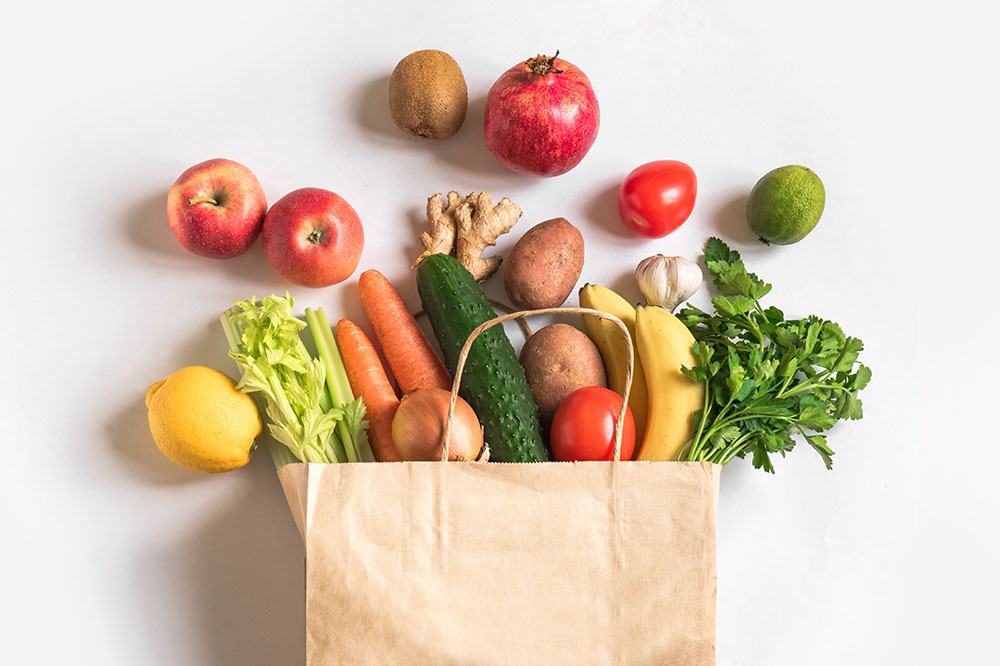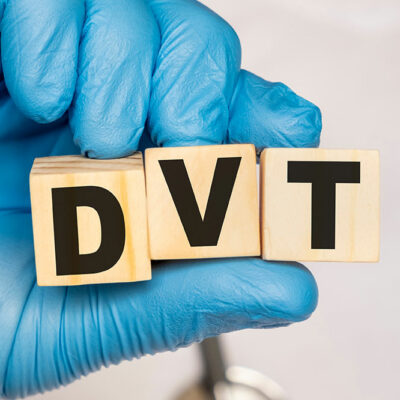
Top 7 Ways to Improve Bone Health Naturally
Human bones, along with other internal organs, constantly change with age. Through our teens and adolescence, the bone absorbs the nutrients from our food and becomes strong. When we are around thirty are bones are the strongest. After that, there is less and less bone replacement. The bones start getting thinner and weaker around the age of forty. The risk of diseases like arthritis, osteoporosis increase as we age.
Despite a lesser chance of new bone growth, we can continue to maintain good bone density by following these methods:
1. Do not forget your daily dose of calcium
Calcium is the most needed nutrient for bone growth. To counter bone degeneration, we must supply additional calcium to the body. The ideal way of providing calcium to the body is to deliver the required dosage throughout the day. You can include one item rich in calcium like milk, cheese, kale, beans, legumes, yogurt, sardines in breakfast, lunch, or dinner. Do not take supplements without a doctor’s advice. An overdose of calcium may lead to other complications like kidney or gall bladder stones.
2. Increase portion of vegetables in the diet
Vegetables are one of the biggest natural sources of nutrients and minerals required for healthy bone growth. Women who eat more vegetables will face reduced calcium loss.
3. Consume vitamin K rich foods
Vitamin K plays a crucial role in activating the proteins that help in mineralization and bone growth. One form of Vitamin K – K1 is found in many vegetables, including spinach, kale, Swiss chard, broccoli, Brussels sprouts, green leaf lettuce, mustard greens, and romaine lettuce. The second form – vitamin K2, is produced by bacteria and is found in hard cheeses, fermented food, poultry, pork, and eggs.
4. Increase consumption of vitamin D rich foods
Though calcium is important for bone growth, our body needs vitamin D to absorb calcium and other minerals like phosphorous into our bloodstream. Vitamin D deficiency leads to many diseases like osteoporosis and osteopenia.
5. Focus on enough protein in daily diet
Bones contain about 35 percent protein. A protein-rich diet of about 0.8 grams a day per kg of body weight can help preserve bone strength in adults. Children will need a daily protein requirement of 0.85 gm per kg of body weight. Meat, legumes, lentils, eggs are protein-rich foods that you can include in your daily diet.
6. Maintain the right BMI
While obesity can put additional stress on the bone, causing faster wear and tear, and an underweight person’s bones may be weak susceptible to frequent injury or fractures.
7. Exercise and physical activity
Just like muscles, bones can also become stronger by exercise. Exercise increases bone size and improves bone density. It also improves movement coordination and balance, which reduces the risk of fractures. Weight-bearing exercises and resistance exercises make you work against gravity. Walking, hiking, climbing stairs, games, weight lifting can contribute to bone health.
Apart from taking care of bone health naturally, a person has to cultivate a healthy lifestyle. Quitting smoking, abstaining from alcohol, and maintaining an ideal weight through diet and physical activity are the basic guidelines for being disease-free. The same basic principles apply to bone health too.


